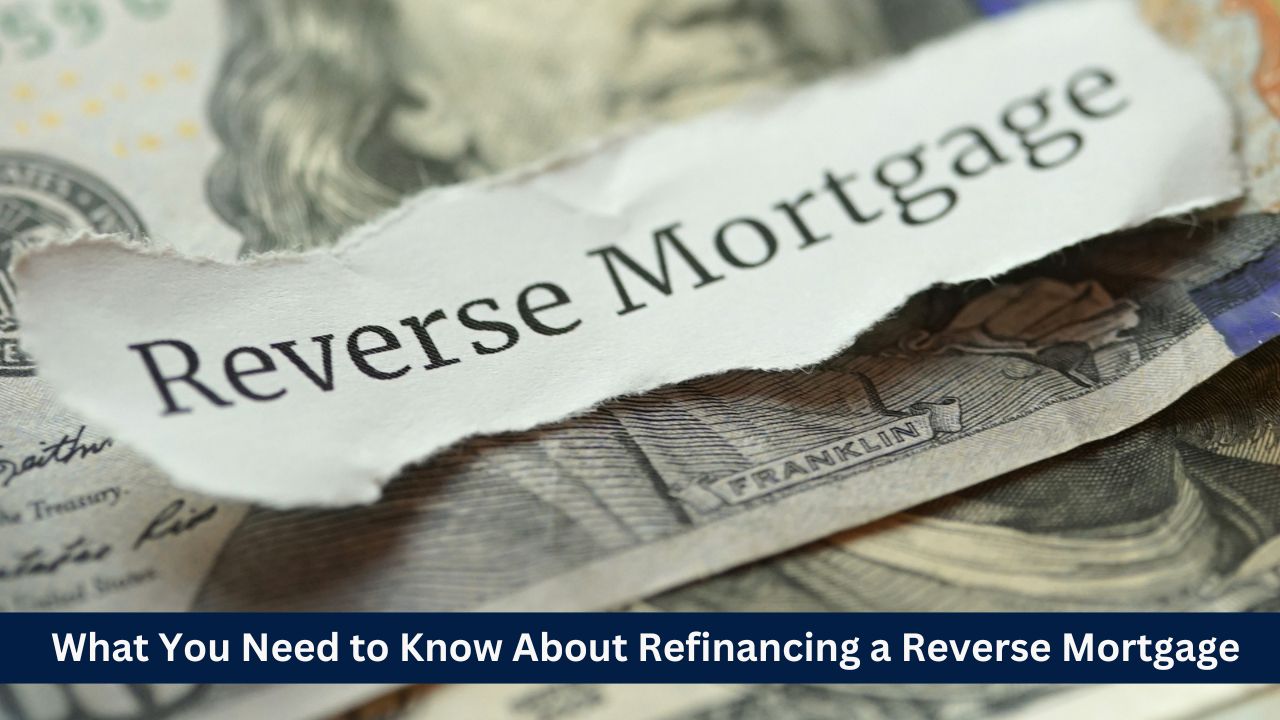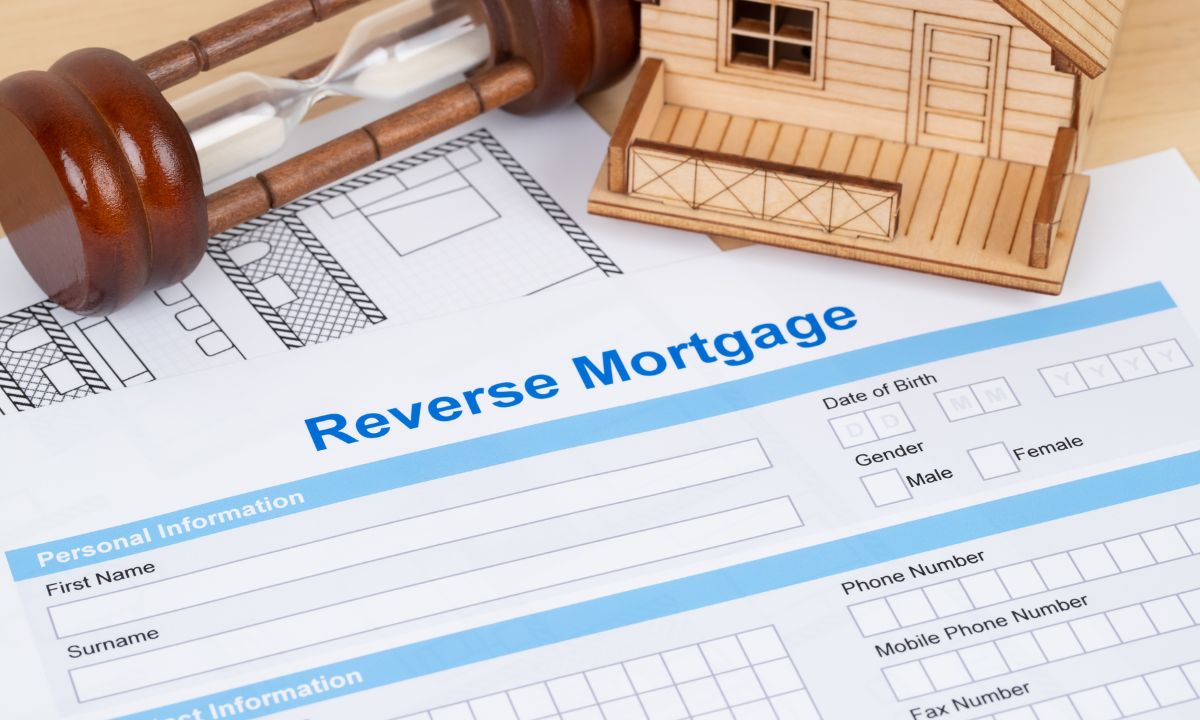The Facts and Fictions of Reverse Mortgages
 A reverse mortgage can be a powerful financial tool for homeowners aged 62 and older, providing access to home equity without the burden of monthly mortgage payments. If you’re considering this option, here’s a step-by-step guide to help you navigate the process.
A reverse mortgage can be a powerful financial tool for homeowners aged 62 and older, providing access to home equity without the burden of monthly mortgage payments. If you’re considering this option, here’s a step-by-step guide to help you navigate the process.
Steps to Secure a Reverse Mortgage
- Meet with a Reverse Mortgage Specialist
Before moving forward, consult with a professional to discuss your financial goals and determine if a reverse mortgage aligns with your needs. A specialist can explain the benefits, risks, and available options to ensure you make an informed decision. - Complete HUD-Approved Counseling
A mandatory counseling session with a HUD-approved agency is required. This ensures you fully understand the loan terms, repayment obligations, and how the reverse mortgage impacts your finances and heirs. - Submit Your Application and Get Approved
Once you decide to proceed, you’ll need to submit an application and provide necessary documentation. A financial assessment will be conducted to ensure you can meet loan obligations, such as property taxes, insurance, and home maintenance. Once all conditions are met, your loan moves to approval. - Close and Access Your Funds
After approval, you’ll finalize the loan through a closing process. You can then choose how to receive your funds, whether as a lump sum, line of credit, or monthly payments—based on your financial preferences.
What Heirs Need to Know
A reverse mortgage offers financial security for aging homeowners, but it’s essential for heirs to understand what happens when the borrower passes away.
Providing Peace of Mind
Reverse mortgages allow seniors to maintain their independence while reducing the financial strain on family members. This ensures they can continue living in their homes without relying on loved ones for financial support.
Handling the Home After the Borrower’s Passing
When the borrower is no longer living in the home, heirs have several options:
- Sell the Property – The home can be sold, with proceeds used to pay off the loan. Any remaining equity belongs to the heirs.
- Refinance the Loan – If heirs wish to keep the home, they can refinance the reverse mortgage into a traditional loan.
- Walk Away Without Obligation – If the home’s value is less than the loan balance, heirs can choose to walk away, as reverse mortgages are non-recourse loans, meaning no additional financial responsibility falls on the family.
A reverse mortgage can be an excellent way for seniors to access their home equity while continuing to live comfortably. By understanding the process and educating heirs about their options, families can make well-informed decisions that benefit everyone involved.

 If you have a reverse mortgage, you may be wondering whether refinancing is an option. The good news is that yes, you can refinance a reverse mortgage, and doing so may offer financial benefits depending on your situation. Here’s what you need to know about refinancing, including reasons to consider it, eligibility requirements, costs, and key factors to keep in mind.
If you have a reverse mortgage, you may be wondering whether refinancing is an option. The good news is that yes, you can refinance a reverse mortgage, and doing so may offer financial benefits depending on your situation. Here’s what you need to know about refinancing, including reasons to consider it, eligibility requirements, costs, and key factors to keep in mind. If you have a reverse mortgage loan, you might be curious about your options for refinancing. The good news is that yes, you can refinance a reverse mortgage, and doing so may offer several benefits depending on your unique financial situation. We will provide a detailed overview of refinancing a reverse mortgage, including reasons to consider it, eligibility requirements, costs, and important considerations.
If you have a reverse mortgage loan, you might be curious about your options for refinancing. The good news is that yes, you can refinance a reverse mortgage, and doing so may offer several benefits depending on your unique financial situation. We will provide a detailed overview of refinancing a reverse mortgage, including reasons to consider it, eligibility requirements, costs, and important considerations.